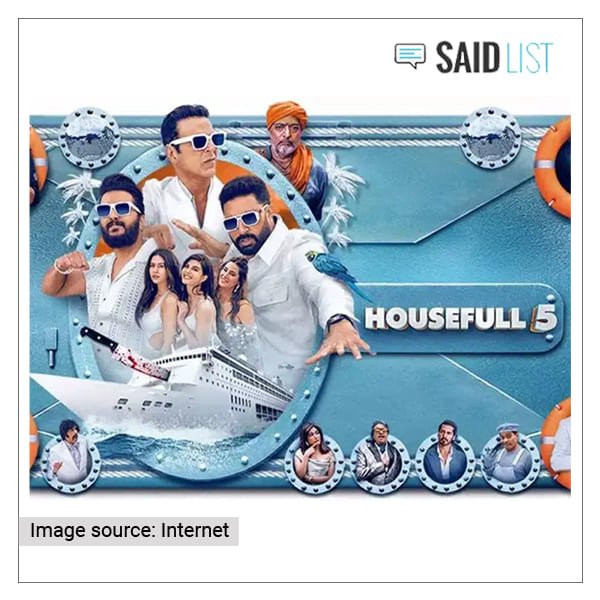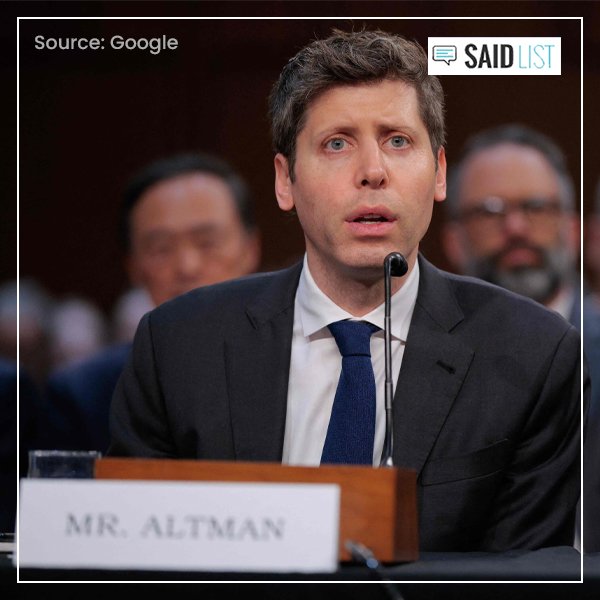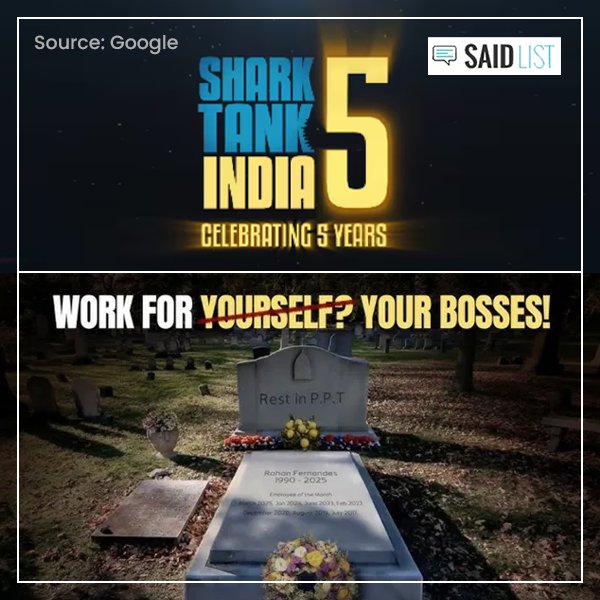The India-Bangladesh cricket rivalry always captivates millions, but the ongoing Test series has taken an unexpected turn. As the teams clash in Chennai and Kanpur, political unrest overshadows the games, fueling boycott calls. The hashtag #BoycottBangladeshCricket trends on social media, with political groups urging BCCI to cancel the series.
The core of the controversy stems from the alleged persecution of Hindus and minorities in Bangladesh. The Hindu Makkal Katchi (HMK), a political group based in Chennai, took to the streets demanding the immediate cancellation of the India-Bangladesh series. Led by its chief Arjun Sampath, the group voiced concerns over the reported decline of the Hindu population in Bangladesh, which they claim has dropped from 26% to 7% due to violence, discrimination, and destruction of temples. According to Sampath, the ongoing series sends the wrong message, and by continuing it, the BCCI is ignoring human rights violations.
What has intensified the protests further are recent incidents of violence in Bangladesh. The homes of formerBangladeshi cricket captain Mashrafe Mortaza and current player Litton Das were reportedly set ablaze amid rising tensions. These events have sparked outrage across India, as many cricket fans feel that standing by Bangladesh in such a situation is unacceptable. Social media has become a battleground, with users passionately expressing their support for the boycott, making the movement go viral under the banner #BoycottBangladeshCricket.
Despite the growing political pressure, the series has already begun, and the Bangladeshi team have shown impressive form on the field. Bangladesh’s bowling attack, led by Hasan Mahmud, dismantled India’s top-order lineup on Day 1 of the first Test in Chennai. Rohit Sharma, Virat Kohli, and Shubman Gill fell cheaply, leaving India in a precarious position at 176-6. But Jadeja and Ashwin had led the team and saved the honor of team India.
As much as the action on the field has captivated cricket lovers, the off-field turmoil is impossible to ignore. The BCCI now faces a critical decision. Should they prioritize the sanctity of the game, or take a bold political stand by canceling the series? Cricket has often been seen as a bridge between nations, but this series poses a unique challenge, blurring the lines between sport and politics.
As the India-Bangladesh series unfolds, it’s clear that the game is no longer just about runs and wickets. It has become a powerful symbol of the ongoing socio-political unrest between the two countries.
In conclusion, this series has become more than just a sporting event. It reflects deeper societal tensions and tests how sports organizations like BCCI handle sports-politics intersections. As #BoycottBangladeshCricket trends, global audiences watch whether external forces will stop or allow the series to continue.











